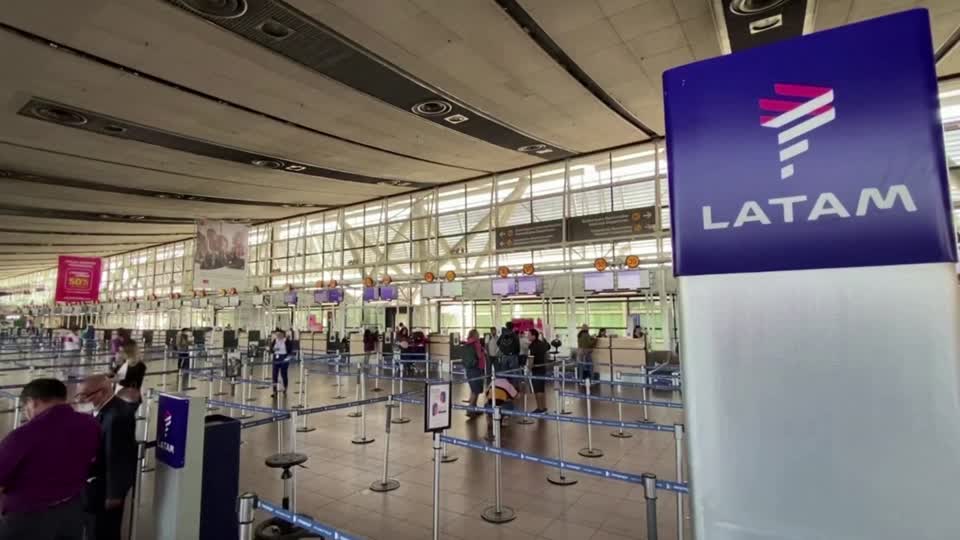Latam Airlines and Airbus want to pioneer aviation decarbonization in LatAm. Chile’s Latam Airlines Group and U.S. aircraft manufacturer Airbus have agreed to fund a study by MIT on decarbonizing aviation in Latin America.
The study will provide analyses of various scenarios for deploying Sustainable Aviation Fuels (SAF) by 2050.
It will also explore pathways related to low-carbon hydrogen, direct air capture, and bioenergy with carbon capture and storage.
The findings are expected to be revealed in April 2024.
The “Options for Sustainably Decarbonizing Aviation in Latin America” study will assess incentives, taxes, and compensation instruments for aviation emissions.

It will provide practical recommendations for Brazil, Chile, Colombia, Ecuador, Mexico, and Peru.
Latam Airlines and Airbus are committed to reducing carbon emissions in aviation, which is crucial for combating climate change and promoting regional sustainable development.
LARGER GLOBAL EFFORT
This collaborative initiative between Latam Airlines and Airbus is part of a larger global effort to combat climate change.
Both companies have already implemented several measures to reduce their carbon footprint.
For instance, Latam Airlines has invested in more fuel-efficient aircraft, while Airbus has been working on innovative technologies such as electric and hydrogen-powered planes.
Governments and organizations across Latin America have also pushed for greener practices in various sectors, including aviation.
The study by MIT will not only be beneficial for the aviation industry but also for the governments and policymakers of the involved countries.
This research will help formulate strategies and policies that will lead to a sustainable future for aviation in the region.
It will also provide insights into the economic and social impacts of the different pathways to decarbonization.
Moreover, it will help understand the technological challenges and opportunities associated with transitioning to SAF and other low-carbon technologies.

